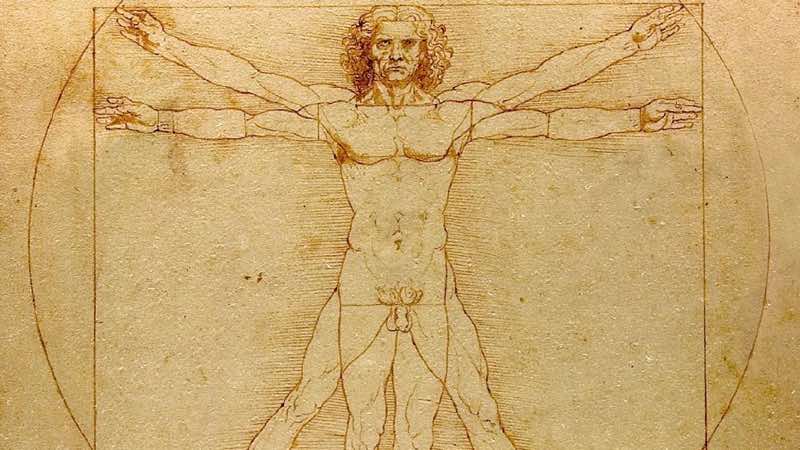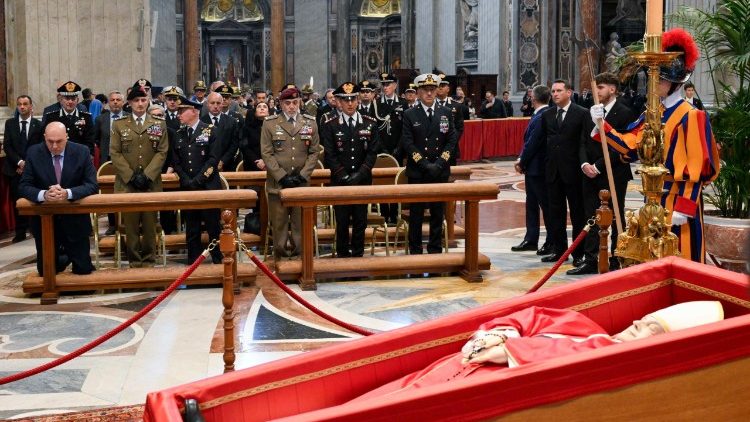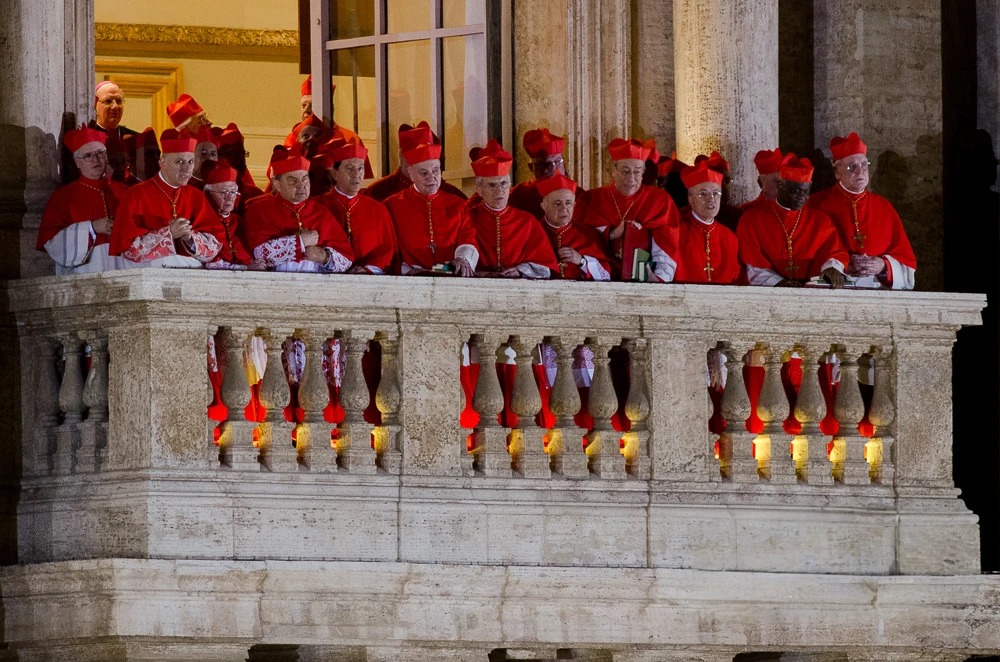Corporeality, Body, and Grace: The Spirit Incarnated in Concrete Life
Chapter 2 of the “Soul-body” Series

In this second chapter on corporeality, body, and grace, we address an existential consequence of the body in relation to the spirit. Unlike pure spirits such as angels, who are not located in a place or a historical moment and do not age, we, human beings, are incarnated spirits. Our body places us in a specific place and moment in history.
This body, with which we are born, places us in a world, in a specific family, in a country, in a city, with a standard of living, talents, health, and a social environment that we have not chosen. These circumstances form the framework in which our spiritual existence unfolds. Life, in this sense, is a gift, a gift incarnated in specific conditions that we must accept in order to reach its fullness.
Acceptance of these preconditions, of what has been given to us without our intervention, is essential for our spiritual fulfillment. Although we are often tempted to dream of a different life, with other circumstances or talents, we must purify these desires and thank God for the gift of life as it is.
Life is not an abstraction; it is concrete, unrepeatable, and embodied in a personal history that marks us. From the moment we are born, we begin to move in time, and each of us has his or her own unique story, with its difficult moments and its joys. This story, with its wounds and experiences, must be accepted and placed in God’s hands in order to find peace.
Accepting the circumstances of our life is not always easy, especially when we face negative people or situations that have left scars. However, we must make peace with our past and with the preconditions of our existence in order to live fully and in peace.
Jesus himself experienced the disbelief of those who knew him as a child when he began his public ministry. This disbelief reflects a common phenomenon: the difficulty of accepting the extraordinary in the ordinary, of recognizing the manifestations of God in the concrete circumstances of our lives.
Today, many believe in an ethereal God, but not in an incarnate God, and there are more who consider themselves good Christians without actively participating in the sacraments. This disconnection with the incarnate reality of faith is a spiritual challenge that we must overcome.
Life, with all its imperfections and challenges, is the place where God manifests himself. As St. José María Escrivá said, we must avoid falling into the “mystical wishful thinking” of desiring what we do not have and, instead, soberly accept the material and immediate reality in which God has placed us. We are incarnated spirits, and it is in our concrete circumstances that we must seek and recognize God’s proposals for our sanctification.
This chapter reminds us that the body situates us, incarnates us, and calls us to recognize and accept our life as it is, to find in it the path to holiness.
Related

The heart of the Church beats between mourning and hope
Exaudi Staff
24 April, 2025
2 min

What is a Conclave? The Process That Elects the New Pope
Exaudi Staff
24 April, 2025
7 min

Current Status of the College of Cardinals
Exaudi Staff
23 April, 2025
14 min

The Challenges of the Next Pope and the Path of Grace
Javier Ferrer García
23 April, 2025
4 min
 (EN)
(EN)
 (ES)
(ES)
 (IT)
(IT)

